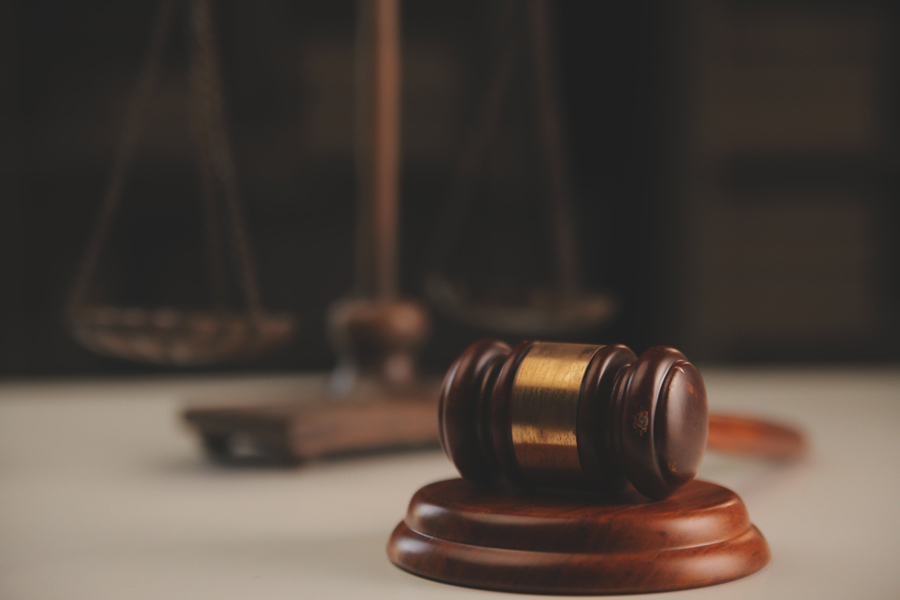A breakdown of the barriers between politics and independent institutions is one of the most alarming omens in a democracy. The speech of a judge of the Allahabad High Court, Shekhar Kumar Yadav, at a Vishwa Hindu Parishad convention on the Uniform Civil Code seemed to hint at such a breach. The judge spoke critically of India’s largest minority community without hesitating to use an objectionable epithet about supposed fanatics. Practices attributed to the community were mentioned contemptuously. Mr Yadav claimed that children of the majority community were taught to be non-violent through their training in ancient texts whereas the supposed practices of the minority community prevented their young from becoming liberal and tolerant. Such comments showed that instead of being impartial and upholding the Constitution according to his oath as judge, Mr Yadav was not only expressing his biases publicly but was, by implication, damaging the standing of the judicial system he represented. Moreover, the judge declared that India would run according to the wishes of the majority community and he ‘pledged’ that the UCC would become reality just like the Ram Mandir.
The speech, coming as it did from a sitting judge of a high court, was destructive of the carefully built processes of democratic functioning. It suggested that the judicial system could become subject to the individual — or majoritarian — biases of judges. Citizens would lose respect for the judiciary as being neutral and above politics, while minority communities could retreat into their personal laws. This would make the UCC, if it were to be formulated, a coercive exercise just as Mr Yadav envisaged it. Mr Yadav’s opinions are blatantly unconstitutional. Outraged lawyers, members of parliament and various organisations are asking for immediate action from the Supreme Court, an in-house inquiry, suspension of the judge’s duties and impeachment. The Supreme Court has asked for a report on the judge’s remarks from the Allahabad High Court. It did not bode well for structural separations in the democracy when the government lifted the ban on government servants’ participation in the activities of the Rashtriya Swayamsevak Sangh. Worse, a similar ban regarding the Jamaat-e-Islami remained. These policies not only weaken institutional independence but they also undermine secular even-handedness. Mr Yadav may have felt free to express his preferences in this context.











